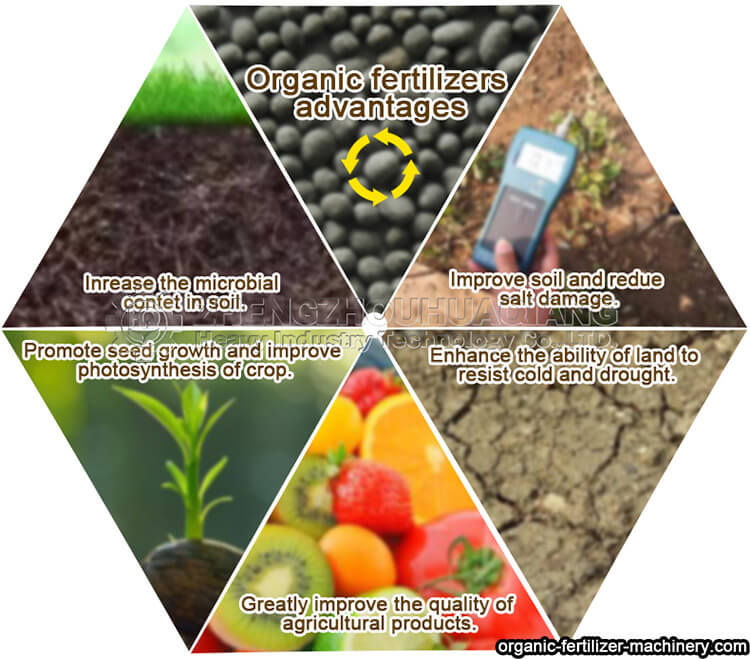What Are The Benefits Of Using Organic Compost As A Natural Fertilizer For Plants?
Choosing the right organic fertilizer can be a tricky task, as there are so many options available in the market. But, with a little knowledge and research, it is possible to choose high quality organic fertilizer for your garden or farm. To make things simpler for you, we have compiled a list of factors that you should consider before making a decision.

Factors to consider when choosing high quality organic fertilizer:
1. Soil Test
The first step in choosing high quality organic fertilizer is to get your soil tested. Soil testing helps determine the nutrient content in your soil, which in turn, helps in choosing the right type of organic fertilizer. Soil testing also helps in identifying other important factors such as soil pH, acidity, and alkalinity, which affect the growth of plants and crops.
2. Nutrient Content
The nutrient content of organic fertilizer is another important factor to consider. Different types of organic fertilizers have varying nutrient contents, and it is important to choose the one that is best suited for your soil and crop. Organic fertilizers usually contain nitrogen, phosphorus, and potassium, and other trace elements that are essential for plant growth. Make sure to read the label and understand the nutrient content of the fertilizer before making a purchase.
3. Carbon-to-nitrogen Ratio
The carbon-to-nitrogen ratio is another important factor to consider. This ratio determines the amount of nitrogen that is released into the soil. A high carbon-to-nitrogen ratio means that nitrogen is released slowly, whereas a low ratio means that nitrogen is released quickly. Depending on your crop and soil, you should choose the organic fertilizer that has the right carbon-to-nitrogen ratio.
4. Organic Matter
The organic matter in the soil is also an important factor to consider. Organic fertilizers can add organic matter to the soil, which helps in improving the soil structure and water retention capacity. Organic matter also helps in supporting the growth of beneficial microorganisms that aid in nutrient uptake by plants.
5. Price
The price of organic fertilizer is another important factor to consider. Organic fertilizers are relatively more expensive than chemical fertilizers, but they are also more environmentally friendly and sustainable. Depending on your budget, you should choose the organic fertilizer that provides the best value for money.
6. Brand Reputation
The reputation of the brand is also an important factor to consider. Choose a brand that has a good track record of producing high quality organic fertilizers, and has a reputation for customer satisfaction and support.
7. Application Method
The application method of the organic fertilizer is also an important factor to consider. Some organic fertilizers are best applied directly to the soil, whereas others are best applied as foliar sprays. Depending on your crop and soil, you should choose the organic fertilizer that has the best application method.
Conclusion
Choosing high quality organic fertilizer can be a challenging task but by following the factors listed above, you can make an informed decision. Remember to always get your soil tested, consider the nutrient content, carbon-to-nitrogen ratio, organic matter, price, brand reputation, and application method before making a purchase. With the right organic fertilizer, you can ensure that your plants and crops get the essential nutrients they need to grow healthy and strong.



